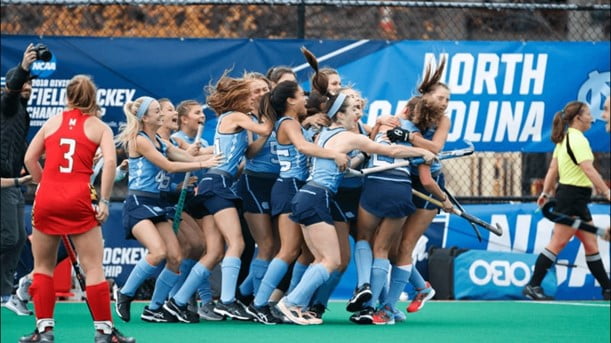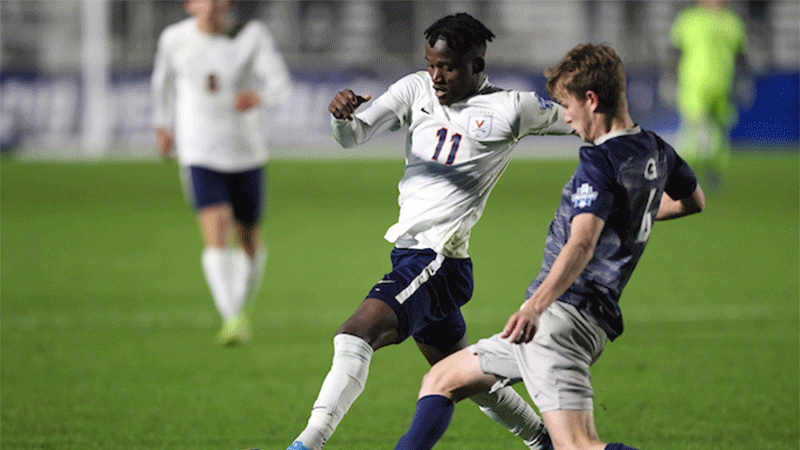Biggest Differences Between High School and College Sports

Your high school career has ended and the time has come to start your college career. The transition from high school to college sport is unquestionably a big one and you ask yourself what are some of the biggest differences between high school and college sport? Add athletics into the mix and that’s a lot of change for an 18-year-old. What most student-athletes fail to realize before they get to college, is they are going from being one of the best high school athletes in their school to hopefully good enough to get playing time on their college team as a freshman.
To better prepare yourself for the transition, we have identified a few key areas below that will give you a clearer understanding for what’s to come. People in general don’t like change; we like being comfortable and knowing what is going to happen next. Going to college throws that comfort factor out the window.
In order to grow athletically and as a human, change is inevitable and necessary. Learning how to be comfortable with being uncomfortable is a valuable asset that not many students possess.
College sports will push you to your limits in many facets of life. It is that intensity that will help you accomplish things you didn’t even know were possible.

Training is much more intense:
High School sport is played on the slow side, on the fact that athletes aren’t conditioned as well as college athletes. When you become a freshman (1st year) in college, your training program intensifies. Every practice is like an All-Star game. It’s extremely rare for a freshman to be the best player on the team as you are competing with seniors.
Everyone is talented:
There’s a whole new dimension added to practice when you’re in college. Every player on the team is good, meaning your spot could be taken at any point throughout the season. Think about it from the coach’s point of view—this is a business for them and if you’re not performing, they’ll replace you. It’s not like high school where your coach is also your science teacher. This is their career and everything is much more competitive.
Your team is everything:
Depending on your sport, you could be spending Thanksgiving with your team and enjoy a delicious turkey at your coach’s house, and then got on a plane the next morning to go to a game. Every day you are spending with teammates, attending classes with them, and travelling to games with them. You will do everything together and as a result they will become your best friends, act like sisters or brothers and family.
Free time is limited:
You always hear that being a college-athlete is a full-time job, but being a Division I athlete is harder than a full-time job. You will have class in the morning, followed by practice, rehab in the training room and then studying, you’re looking at an 6am to 9pm day. That’s why time management is crucial. Your parents are there to guide you in high school, but in college you quickly learn how to manage your responsibilities.

Your coach is more involved in your academics:
You could potentially practice every day from 1pm to 4pm and it’s rare for a student-athlete to have class during that time. Your college coach wants to know schedules so they can maximize their training programs. In season, you can take one less class to lighten your course load, which makes summer school mandatory. You will also have to participate in two to four hours of study hall each week. Some coaches receive bonuses based on how their team performs academically so they take it pretty seriously.
Remember that the Division I experience is totally different to that of a Junior College. Each program will be different and adapting quickly will give you the best chance to succeed during your college career. Other levels, such as Division II, Division III and NAIA, are less demanding and allow for more personal time. It’s important to understand which fit is right for you as a student-athlete academically, athletically and socially. Setting expectations at the beginning of your recruiting process will help you find the best program and make the transition from high school to college sports stress-free and more enjoyable.
How can we help? Sign up with BRUSA Sports today, for a free evaluation, and we would love to assist with your USA scholarship process.

